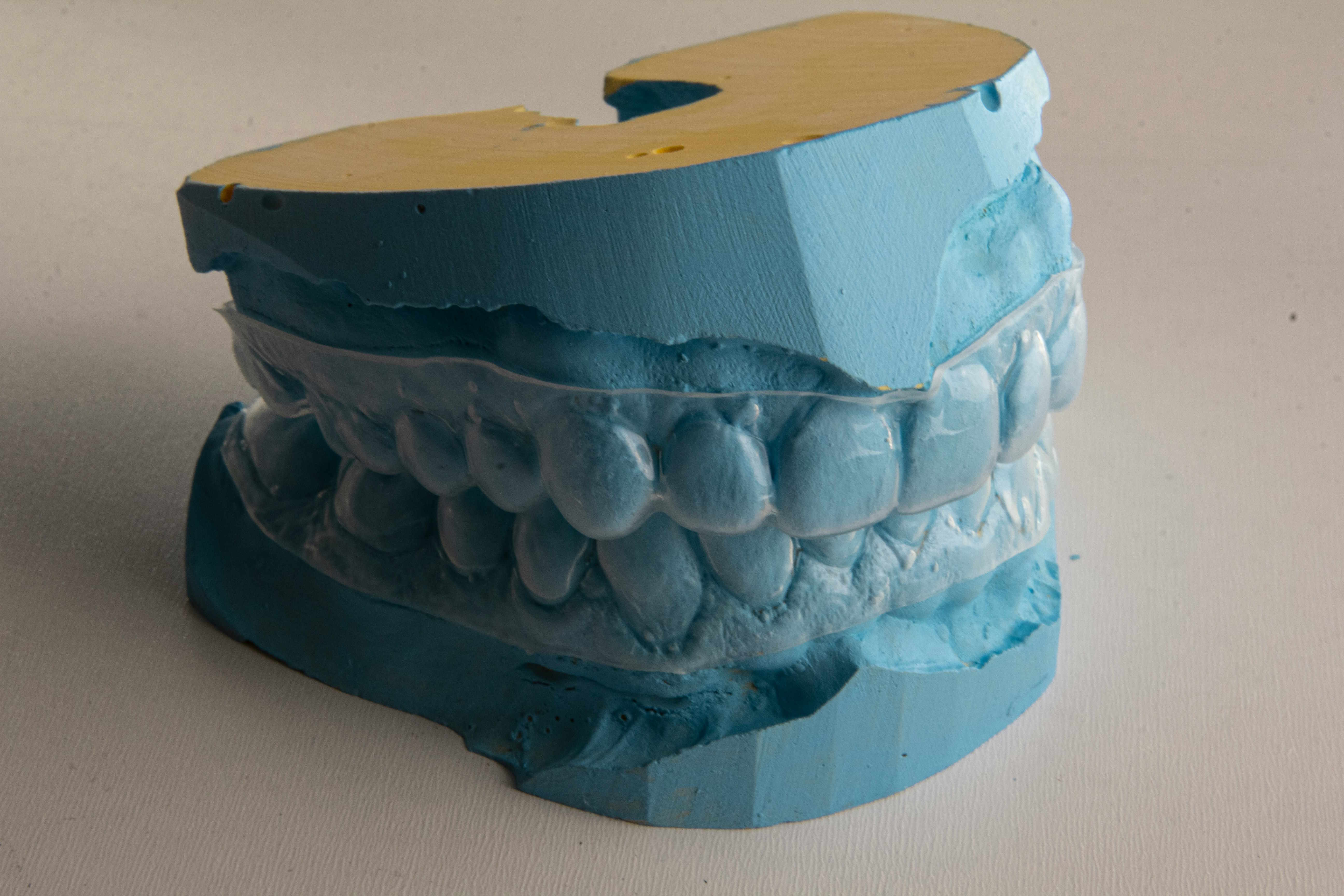Complete Guide to Tooth Replacement Options for People Over 70
Dental implants offer seniors over 70 a permanent solution for missing teeth, providing improved functionality and confidence. While age brings unique considerations, modern dental technology makes implants a viable option for many older adults. Understanding the process, benefits, and addressing common concerns helps seniors make informed decisions about their oral health and quality of life.

Age should not be a barrier to achieving optimal oral health and a confident smile. Dental implants have revolutionized tooth replacement options for people of all ages, including seniors over 70. With proper evaluation and care, older adults can successfully receive dental implants and enjoy their benefits for years to come.
Why Dental Implants Are A Reliable Option For People Over 70
Dental implants provide exceptional stability and functionality compared to traditional dentures or bridges. The titanium posts integrate with the jawbone through osseointegration, creating a strong foundation that mimics natural tooth roots. For seniors, this means improved chewing ability, clearer speech, and enhanced comfort during daily activities.
Age alone does not disqualify someone from receiving dental implants. What matters most is overall health, bone density, and gum condition. Many seniors in their 70s, 80s, and beyond have successfully received implants. The key factors include adequate bone structure, good oral hygiene habits, and absence of uncontrolled medical conditions that might impair healing.
Types Of Dental Implants Best Suited For Seniors
Several implant options cater specifically to senior needs and circumstances. Traditional endosteal implants, placed directly into the jawbone, remain the gold standard for most patients. However, seniors with bone loss may benefit from alternative approaches such as subperiosteal implants, which sit on top of the jawbone under the gum tissue.
Mini dental implants offer another solution for seniors with limited bone density or those seeking a less invasive procedure. These smaller-diameter implants require less bone volume and often allow for immediate loading. All-on-4 or All-on-6 systems provide full-arch restoration using fewer implants, making them cost-effective options for seniors needing multiple tooth replacements.
Common Myths About Dental Implants In People Over 70
Several misconceptions prevent seniors from considering dental implants as a treatment option. The most prevalent myth suggests that age makes implant surgery too risky or unsuccessful. Research consistently shows that healthy seniors experience similar success rates to younger patients, with implant success exceeding 95% across all age groups.
Another common belief is that the healing process takes too long for older adults. While healing may take slightly longer due to natural aging processes, most seniors heal completely within 3-6 months. The myth that dental implants are too expensive for seniors on fixed incomes also needs addressing, as various financing options and insurance coverage make treatment more accessible.
Step By Step Guide To Getting Dental Implants After 70
The implant process begins with a comprehensive evaluation including medical history review, oral examination, and imaging studies. Your dentist will assess bone density, gum health, and overall suitability for implant placement. This initial consultation helps determine the best treatment approach and timeline.
Surgical placement involves creating a small opening in the gum tissue and precisely positioning the implant into the jawbone. Most patients experience minimal discomfort, and the procedure is typically performed under local anesthesia. Following placement, the healing period allows osseointegration to occur, usually taking 3-6 months.
The final step involves attaching the crown, bridge, or denture to the implant. This restoration phase completes the process, providing a functional and aesthetic tooth replacement that feels and functions like natural teeth.
| Provider Type | Services Offered | Cost Estimation |
|---|---|---|
| General Dentist | Single implant placement | $3,000 - $5,000 |
| Oral Surgeon | Complex surgical cases | $4,000 - $6,000 |
| Periodontist | Gum and bone specialists | $3,500 - $5,500 |
| Prosthodontist | Full mouth reconstruction | $15,000 - $30,000 |
Prices, rates, or cost estimates mentioned in this article are based on the latest available information but may change over time. Independent research is advised before making financial decisions.
Understanding The Benefits Of Dental Implants For Seniors Over 70
Dental implants offer numerous advantages that particularly benefit seniors. Unlike removable dentures, implants eliminate the need for adhesives and reduce the risk of slipping or clicking during conversation or eating. This stability significantly improves quality of life and social confidence for older adults.
Bone preservation represents another crucial benefit. When teeth are lost, the underlying jawbone begins to deteriorate due to lack of stimulation. Dental implants provide the necessary stimulation to maintain bone density, preventing the sunken facial appearance often associated with tooth loss. This preservation helps maintain facial structure and supports overall oral health.
Implants also simplify oral hygiene routines. Seniors can brush and floss implant-supported teeth just like natural teeth, without the complex cleaning requirements of removable appliances. This ease of maintenance is particularly valuable for older adults who may have dexterity challenges or cognitive changes that make complicated oral care routines difficult to manage.
The psychological benefits cannot be overlooked. Dental implants restore the ability to eat favorite foods, speak clearly, and smile confidently. For seniors, these improvements in function and appearance often translate to better nutrition, enhanced social interactions, and improved overall well-being. Many patients report feeling years younger after completing their implant treatment, experiencing renewed confidence in their daily activities and relationships.




